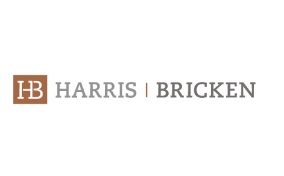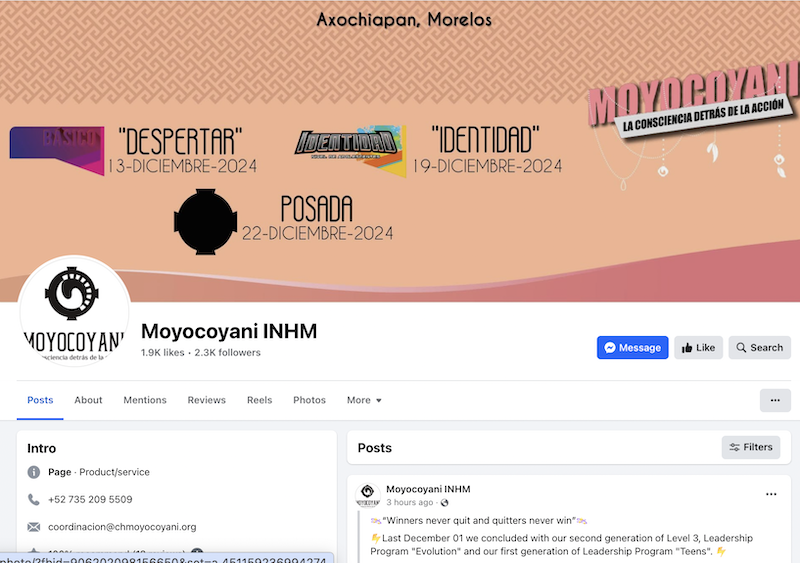Last summer, my colleague, Ethan Minkin, published a post entitled “Utah Ketamine Clinics Face New Patient Monitoring Law.” The law in question applied a host of new requirements on anesthesia or sedation providers, which created a series of hurdles for ketamine clinics. A few weeks ago, a Utah state legislator submitted a bill that would add to this law new requirements for Utah ketamine clinics specifically. Even though the amendment would only affect Utah providers, it may have broader implications for ketamine clinics elsewhere. The amendment is relatively short and straightforward, and I’ll explain it below.
Utah’s current anesthesia and sedation law
Before explaining the proposed legislation, I recommend that readers go back and carefully read Ethan’s prior post if they want to understand the specifics of Utah’s anesthesia and sedation law. In a nutshell, it imposes requirements based on the level of sedation (e.g., minimal sedation, moderate sedation, deep sedation, or general anesthesia). The law imposes different requirements on different types of sedation, including specialized informed consent requirements, training requirements, supervision requirements, and more.
Notably, “minimal sedation” providers are exempt from a series of provisions in the law. One such exemption is the requirement that applies for other forms of sedation to have “at least one individual in the procedure room who has advanced airway training and the knowledge and skills to recognize and treat airway complications and rescue a patient who entered a deeper than intended level of sedation.” In other words, minimal sedation providers – under the law – are not required to have such a person on site.
Utah’s proposed “anesthesia amendments”
That brings us to the new piece of proposed legislation. The bill in question is numbered SB 197 and is referred to as “Anesthesia Amendments.” All it does is add the following language to the law:
“if the anesthesia or sedation provider is administering ketamine for a non-anesthetic purpose, having at least one individual on site and available who has advanced airway training and the knowledge and skills to recognize and treat airway complications and rescue a patient who entered a deeper than intended level of sedation.”
In other words, if the bill passes, ketamine clinics – even ones using ketamine for non-sedative purposes – will now need to have one or more individuals with advanced airway training and specialized knowledge and skills available.
The bill was just introduced in early February and there’s no guaranty it will become law, or that it won’t be heavily modified along the way. If it does become law, ketamine clinics will need to ensure that they follow the law, or they could risk a gamut of potential penalties.
Implications for ketamine clinics nationwide
I mentioned above that I think the law could have broader implications outside of Utah. In our experience, most states don’t have healthcare laws on the books that specifically apply to ketamine clinics. Healthcare providers in these states are guided by whatever state or federal general healthcare laws apply, such as restrictions on administering controlled substances, informed consent requirements, and so on. To us, it seemed inevitable that states would eventually realize that there is a growing market for ketamine clinic services, where ketamine is often administered in an off-label manner. And once states realize this, it’s only a matter of time until they start legislating and regulating.
So while Utah’s law may seem insignificant or (in other states) entirely irrelevant, I’d say to actually watch the state closely. It could be that more and more states start to follow suit and go even further with ketamine clinic regulations in the coming years. Stay tuned to the Psychedelics Law Blog for more details.
Author information & source
See https://harrisbricken.com/psychlawblog/utah-ketamine-clinic-update/


 Cannabis News2 years ago
Cannabis News2 years ago
 One-Hit Wonders2 years ago
One-Hit Wonders2 years ago
 Cannabis 1012 years ago
Cannabis 1012 years ago
 drug testing1 year ago
drug testing1 year ago
 Education2 years ago
Education2 years ago
 Cannabis2 years ago
Cannabis2 years ago
 Marijuana Business Daily2 years ago
Marijuana Business Daily2 years ago
 California2 years ago
California2 years ago

















